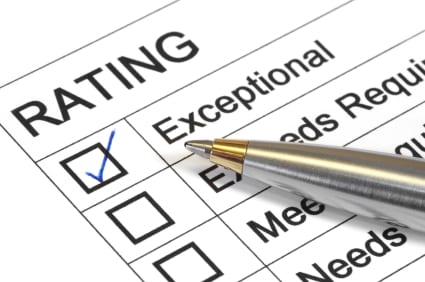 Gone are the days when a warm body was enough to be a part of a venue inspection. A professionally managed MICE venue wishes to grow and prosper through a well-planned series of site inspections, explains Helen Brewer.
Gone are the days when a warm body was enough to be a part of a venue inspection. A professionally managed MICE venue wishes to grow and prosper through a well-planned series of site inspections, explains Helen Brewer.
To have a successful site inspection, with effective outcomes, it is important to plan with exceptional forethought. Site inspections are expensive undertakings for all parties – both the MICE venue and the potential client who has taken the time and effort, together with diligent planning, to arrive at the planned date. Not one of the following highlights should be thought insignificant for venue management to organise inspections with positive results.
BEFORE THE SITE INSPECTION
Inviting potential clients to view your MICE facilities should not be a panicked, last-minute undertaking. As part of the marketing and sales plan, site inspections should be on an annual schedule, taking place every quarter or twice a year.
Compiling databases, which have gathered likely client potentials, is an ongoing task for any well-managed MICE venue. Hence, as these individuals are gathered, the database of invited guests should grow in a targeted manner.
BUILD-UP TO THE SITE INSPECTION
MICE venues within a reasonable distance from their target markets should plan the inspection programme about six weeks in advance of the scheduled date. The draft programme should commence with refreshments plus a brief outline by a relatively senior member of management as to the welcoming remarks.
The programme must indicate the duration of the entire inspection as, invariably, those invited are busy people who need to plan their time well in advance. After all, doing it right the first time is imperative, as it could mean a lasting positive impression, which would ensure sizeable bookings in the future.
A MICE venue several hours away from the targeted market would mean an overnight stay. Inspections of this nature are more costly, as programme planning should include transport pick-ups and returns, with increased inspection programme content.
ON THE DAY OF THE SITE INSPECTION
Once MICE venue management has welcomed the group, a senior operations manager should explain to the group how the inspection will take place. Depending on group size, it may require two or more groups with the exact same itinerary, albeit with a different tour route – led by a venue personnel representative.
Site explanation should include the actual route procedure, a footprint of the tour route with MICE venue branding, and contact details on one A4 page handed out to each guest is always appreciated.
If there is an event in one or more of the rooms on the inspection day, the MICE venue must include an explanation within the pre-tour briefing as to when that particular booked area can be viewed.
Under no circumstances should the booked client be interrupted except, perhaps, at a refreshment or lunch break, and only with the booked client’s permission.
It is also preferable to explain that questions should be at the end of the tour, during the closing hospitality undertaking – whether it be brunch/lunch or a cocktail conclusion. It goes without saying that venue personnel answering questions must know the majority of the answers. Where the answer is not known, an accurate answer will be sought from another source and relayed to the enquirer directly.
Aspects such as commissions or discounted charges should not be discussed. On enquiry of financial aspects over and above the shown charge structures, management should agree to email or call the enquirer.
At the end of the inspection, collateral material can be provided, preferably on a USB driver or branded equivalent, and always with the contact details, email, and web address.
There are a variety of usable promotional products that can be handed out as a parting gift, with the MICE venue’s brand and contact information. In this day and age of green-consciousness, high-gloss, high-colour collateral material is unlikely to be appreciated.
FOLLOWING THE SITE INSPECTION
Once the inspection has concluded, thank-you emails should be sent to the potential clients. Keeping in touch thereafter should not be overlooked, and a brief e-newsletter every second or third month of new happenings will keep the MICE venue in mind. This is important in the crowded information world we live in, as well as the highly competitive MICE venue market.
Casual telephone sales calls, if there is relevant new information to share, will not go amiss.
All inspection outcomes must be closely monitored over a 12-month period to gauge the ROI (return on investment).
Helen Brewer is a director of the MICE Academy. She has been involved in the MICE industry for over 35 years and has immense knowledge and experience to assist with best practice.




